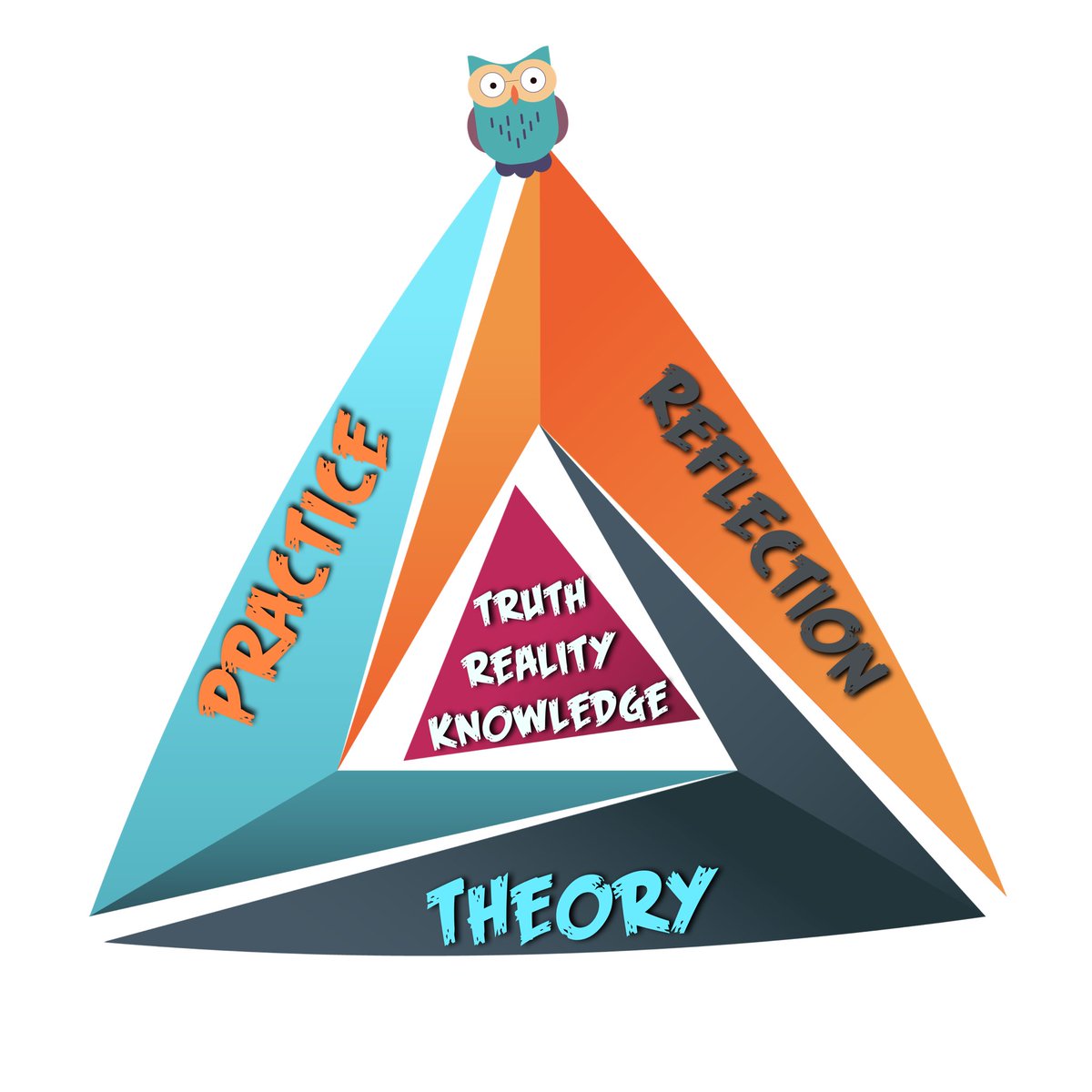
We often search outwardly for #leadership advice. Another strategy is looking inward for advice: exploring the self might be more fruitful, and here’s why:
How we #lead is merely a projection of the self. If we take more time to explore and know our self (our beliefs, assumptions, values, opinions, fears, etc.), then maybe we can better understand the style and manner in which we lead.
Others have their own style and manner in which they lead. Their style, which is unique, is merely a projection of their values, their opinions, their fears and hopes—all unique. These projections will never mirror your projections.
The style and manner in which others lead also is dictated/influenced by environments others lead within. Each leader/follower environment (a community, an organization, a workspace, a team) is unique:
unique mixes of human relationships and behaviors and personalities, unique goals and priorities, unique challenges and opportunities.
#Leadership advice can only be given through the lenses of unique experiences acquired in unique environments. This advice may translate from one person to the next, but it may not.
Far too often, we look at leadership advice as a copy-paste function: leader X leads in this manner, X feels successful, thus advises new leaders Y and Z to lead the same way. At times, X’s advice may apply but often it will not.
Often, the best #leadership advice will flow from within and through self-examination.
Ask questions like: How do I lead? Why do I lead like I do? Am I effective and how do I know I am effective? Do I project my beliefs on those I lead? Which beliefs might be faulty? What assumptions am I making? What do I fear?
These questions, and how you answer them, pull on the threads of your unique leadership style, not someone else’s.
Your style must be developed but also understood. Your style must be understood in relation to those who exist within your sphere of influence, and within your environment.
You will never understand the way you lead by {perpetually} seeking external leadership advice: books, videos, gurus, charlatans, etc. I emphasize perpetually because {occasionally} seeking #leadership advice is wise.
Remember: There are no external authority figures in the game of leadership. There exist no leadership gurus. There exist only effective leaders, non-effective leaders, and those who theorize and make conjectures about both groups.
And, even the definition of what constitutes an “effective leader” is often murky, situational, and subject to challenge. One person’s adored leader is another person’s loathed leader.
Don’t be afraid to turn within when seeking #leadership advice.
The most authentic, most pure advice will always come from grappling with outwardly projections that manifest from your beliefs, desires, fears, assumptions, and hopes. You cannot separate any of this from how you lead, from who you lead. #LeadershipMatters
@threadreaderapp unroll
• • •
Missing some Tweet in this thread? You can try to
force a refresh




